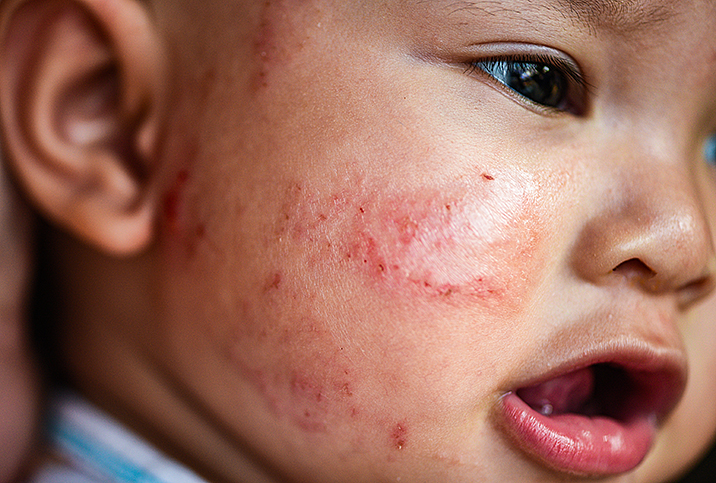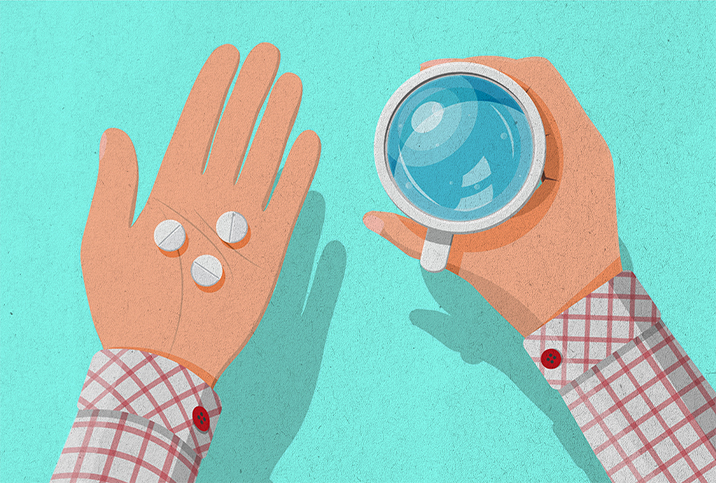The World of Newborn Technology

No one ever said raising a kid is easy. Parenting a newborn means many interrupted nights of sleep, cleaning messes of all odors and colors, and worrying that somehow thousands of years of parental instincts skipped your genealogy and you'll screw it all up, no matter how careful or alert you are.
Relax.
Parenting—especially the first time—is scary, but most animals on Earth, including humans, have figured out how to do it well enough. Sure, we don't come out of the womb ready to set out into the world like some lizard species or as fully grown adults à la the "Saturday Night Live" skit "Ted Brogan Is Born," but humanity has raised future generations during some of the most tumultuous times our species has known.
Thankfully, medical advancements have progressed at astounding speeds in the past 100 years, and a significant amount of money and time have been devoted to developing technology for newborns—in 2019, Forbes estimated it to be a $46 billion industry.
Has the current state of baby tech improved the lives of parents and children, or have we gone too far and overcomplicated things? What do parents actually need?
The current state of newborn technology
"I'm not a parent yet, but I can imagine having a newborn is exciting—and scary, with everything you can read on the internet and in books that can go wrong with your new baby," said Kendall Brown, R.N., a registered nurse at Allegheny General Hospital in Pittsburgh. "Personally, I would find it comforting to have one of the socks that tell me if my baby is breathing and what their oxygen saturation is."
Wait, what?
The sock in question was designed by Los Angeles baby care company Owlet and branded as the Smart Sock. In essence, the product was a pulse oximeter—the clothespin-like device you clip onto your finger to read your heart rate and oxygen levels—in sock form, linked to a Bluetooth phone app to offer parents a quick-glance overview of their newborn's status.
However, Owlet stopped selling the Smart Sock in late 2021 in the United States and later rebranded it as the Dream Sock after receiving a warning letter from the Food and Drug Administration (FDA). The letter didn't outline any dangers with the Smart Sock—it doesn't cause direct or indirect harm to the child—but rather the FDA stated that Owlet marketed the product as a health tracker without approval.
Many of these products are labeled 'smart products' and sync with phones while others automate certain parental processes.
Instead, Owlet is now marketing the Dream Sock as a sleep aid, notably without its blood oxygen monitor. The Dream Sock is intended to monitor a child's sleep quality, including heart rate, and help parents establish a regular sleep schedule for their child. Given that 46 percent of parental couples both work full time, baby monitoring technology can serve as additional reassurance.
Companies are finding inventive ways to incorporate and combine established technology to help parents in the modern era. Many of these products are labeled "smart products" and sync with phones while others automate certain parental processes.
Among these smart products are weight-tracking changing pads, breath-tracking video baby monitors, fever-detecting thermometers, hands-free breast pumps, self-rocking bassinets, self-pushing strollers and magnetically closing footie pajamas. Some of these products are budget-friendly at less than $100, while others range in price up to nearly $2,000, all in the hope of making parenting just a bit easier.
Do you need fancy tech for your baby?
Of course, we also have to ask if this is all necessary. In a more dystopian fashion, we should also ask if this is good. Does the immense amount of baby tech options scare parents into feeling inadequate? Lower-income families may not have the ability to spend money on self-rocking bassinets and video monitors.
Thankfully, we haven't crossed the threshold into automated parenting, and parents can get by just fine without shelling out thousands of dollars on a high-tech nursery.
Furthermore, many of these products are not FDA-approved and may be too complicated for nonmedically trained individuals to fully make sense of how they work.
While it's convenient to see your child's weight each time you change their diaper, for instance, products such as fetal dopplers to monitor heart rate in utero might not offer any valuable information to parents on a day-to-day basis.
Right now, newborn tech excels when it seeks to solve simple, day-to-day problems or inconveniences—these devices make parenting a little easier.
This isn't to say these products are "bad" or "dangerous," but to point out they are luxury products rather than essential ones. The Dream Sock, for example, costs $300 to $400 if you include the company's HD camera monitor to track noise levels, humidity and ambient temperatures in your child's room.
For many people, that's a steep price to pay for a device that offers little.
"When it comes down to it, babies have been thriving for years, so parents don't really need fancy technology," said Betsy Greenleaf, D.O., a Howell, New Jersey-based urogynecologist, owner of the Pelvic Health Institute at Greenleaf Health and Wellness and CEO of the Pelvic Floor Store. "However, I am a gadget geek, so I love new technology."
Greenleaf noted that certain technologies—such as hands-free breast pumps or rotating car seats—can certainly help busy parents, or simply help them avoid the awkward struggle of getting their child into the car.
Right now, newborn tech excels when it seeks to solve simple, day-to-day problems or inconveniences: bottle holders, discreet breast pumps, rotating car seats, simple Bluetooth monitors—these devices make parenting a little easier. But don't break the bank thinking high-end strollers and self-rocking cribs will be any better for your child than methods parents have been using for millennia.


















